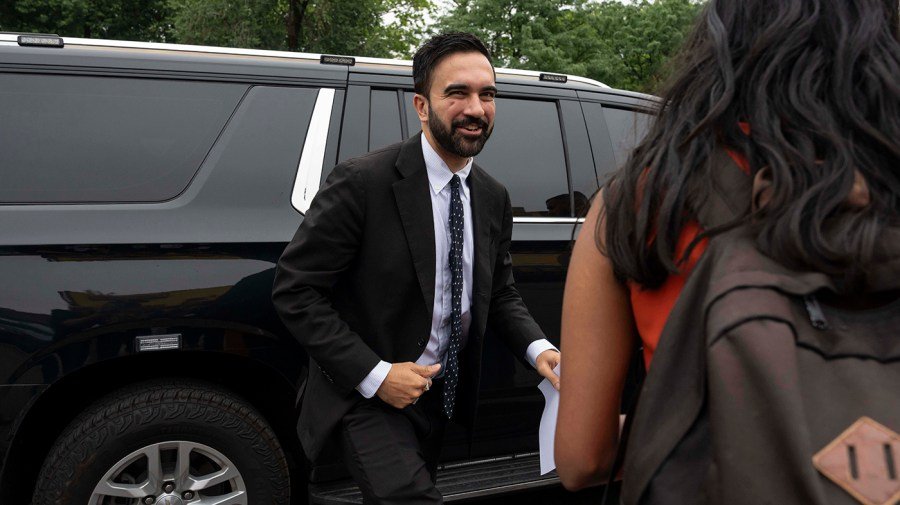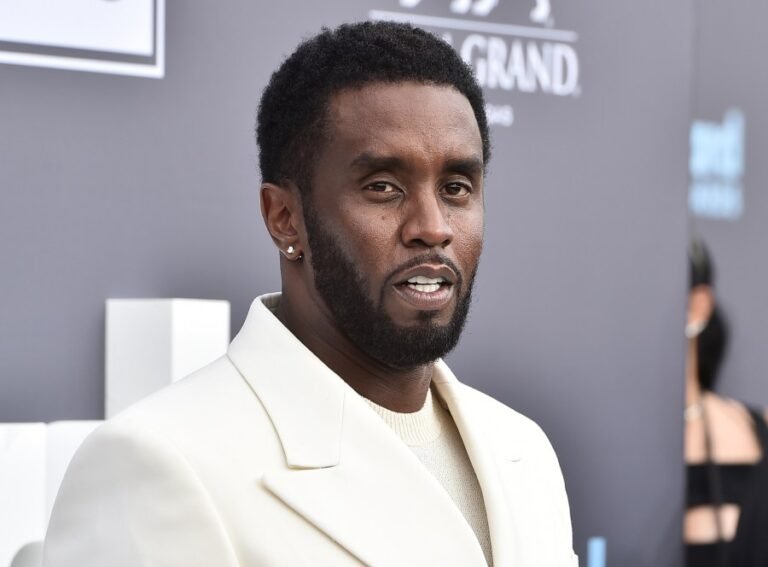
Democrats are grappling with how progressive upstart Zohran Mamdani fits into the party apparatus, a week after his shock defeat of former New York Gov. Andrew Cuomo and amid the party’s soul-searching since a devastating loss in the 2024 presidential election.
As the New York City mayoral primary results are finalized on Tuesday, few party leaders have officially endorsed Mamdani, with the exception of Rep. Jerry Nadler (D-N.Y.), who represents parts of Manhattan with large Jewish populations. Adding to the tension are Mamdani’s recent justifications of the phrase “globalize the intifada” along with a history of involvement in anti-Israel groups such as Boycott, Divest and Sanction (BDS), a movement to isolate Israel from the rest of the world for violations of international law.
At the same time, Democratic donors — who have already closed off their checkbooks to their party’s candidates — were increasingly angry about the state of the Democratic Party.
“If this is what our party represents right now, I don’t want to be a part of this party,” one donor said Monday. “It’s disgusting, and it’s why we’re in the position we’re in.”
Another donor flatly stated, “I don’t know who we are anymore.”
Mamdani led Cuomo by more than 7 percentage points on Monday with 7 percent of ballots yet to be counted. The former governor was the clear initial front-runner in the race, and strategists and other political observers predicted he would safely clear the field.
Cuomo got “outmaneuvered and outworked by Mamdani,” said Susan Del Percio, a longtime New York-based strategist.
To some, Mamdani’s victory underscored the divide within the Democratic Party between the establishment and progressives who want to change its direction as the party seeks to rebuild.
And the fact that longtime lawmakers and donors are refusing to line up behind Mamdani makes his point for him, strategists say.
“To be honest with you, it probably helps that members of the establishment of the Democratic Party are not completely, wholly signed on to what he’s all about because I think it just emphasizes his broader critique of the establishment, of the status quo,” said Democratic strategist Joel Payne.
Senate Minority Leader Chuck Schumer (D-N.Y.) and House Minority Leader Hakeem Jeffries (D-N.Y.) both stopped short of endorsing Mamdani, with Jeffries publicly citing concerns about Mamdani’s anti-Israel positions.
Other Democratic lawmakers in the state have been critical of Mamdani. Reps. Laura Gillen (D-N.Y.) and Tom Suozzi (D-N.Y.) both expressed alarm in statements on the social platform X following Mamdani’s victory.
Mamdani’s rough ground with the establishment has impelled it to begin thinking about how to mobilize against him. Cuomo announced on Saturday following his loss that he would run on an independent ballot line called “Fight and Deliver.” Mayor Eric Adams is also plotting to continue as an independent while voicing concerns about Mamdani’s socialist views.
But some Democratic strategists think such establishment resistance might not be a bad thing for Mamdani.
“His entire campaign has been a critique on money, a New York that’s unaffordable and that only serves the top 1 percent. If I was Mamdani, I would want people to be aware of all the money that’s coming after me,” said Payne. “He’s not running a campaign so that the wealthiest 1 percent of New York City like him.”
An establishment-funded opposition to Mamdani could also be ineffective, other party strategists say.
“They can fund the opposition, but where is the grounding? Where is the energy?” said Democratic strategist Basil Smikle. “The establishment is going to have to find a way to work with him because … that’s where the energy is … that’s where the grounding is.”
“What does the establishment have and what are they going to put up that’s going to be remotely competitive against this momentum?” added Smikle.
The remaining months of the mayoral race will also be instrumental for Mamdani and his support from key Democratic players, strategists say.
“I’m looking to see what the business community does next,” said Democratic strategist Anthony Coley. “Do they rally around a third-party candidate? Do they meet with Mamdani and explain, in stark terms, that his proposals are pie in the sky and that folks he’s targeting with these draconian tax increases will just leave New York altogether?”
“Mamdani’s many promises rely on tax increases on the finance and real estate sectors, among others,” Coley added. “He’ll be up the proverbial creek if these types of businesses and family offices, and other high-income individuals, further accelerate their exodus from the city to lower-taxed locales like Florida.”
But political observers say that Mamdani’s victory was powered by average New Yorkers who are struggling with the city’s cost of living. The party establishment, they say, has not put anything forward for voters to latch on to.
As a result, Mamdani saw an opening.
“If Democrats were smart, they’d start coming out with their own platform that their donors could get behind and ignore him,” Del Percio said. “The reason Mamdani is the biggest problem is because they don’t have any solutions at all.”
Democrats, Del Percio argued, have to change their ways: “If not, you’re going to be in the wilderness for a long freaking time.”


